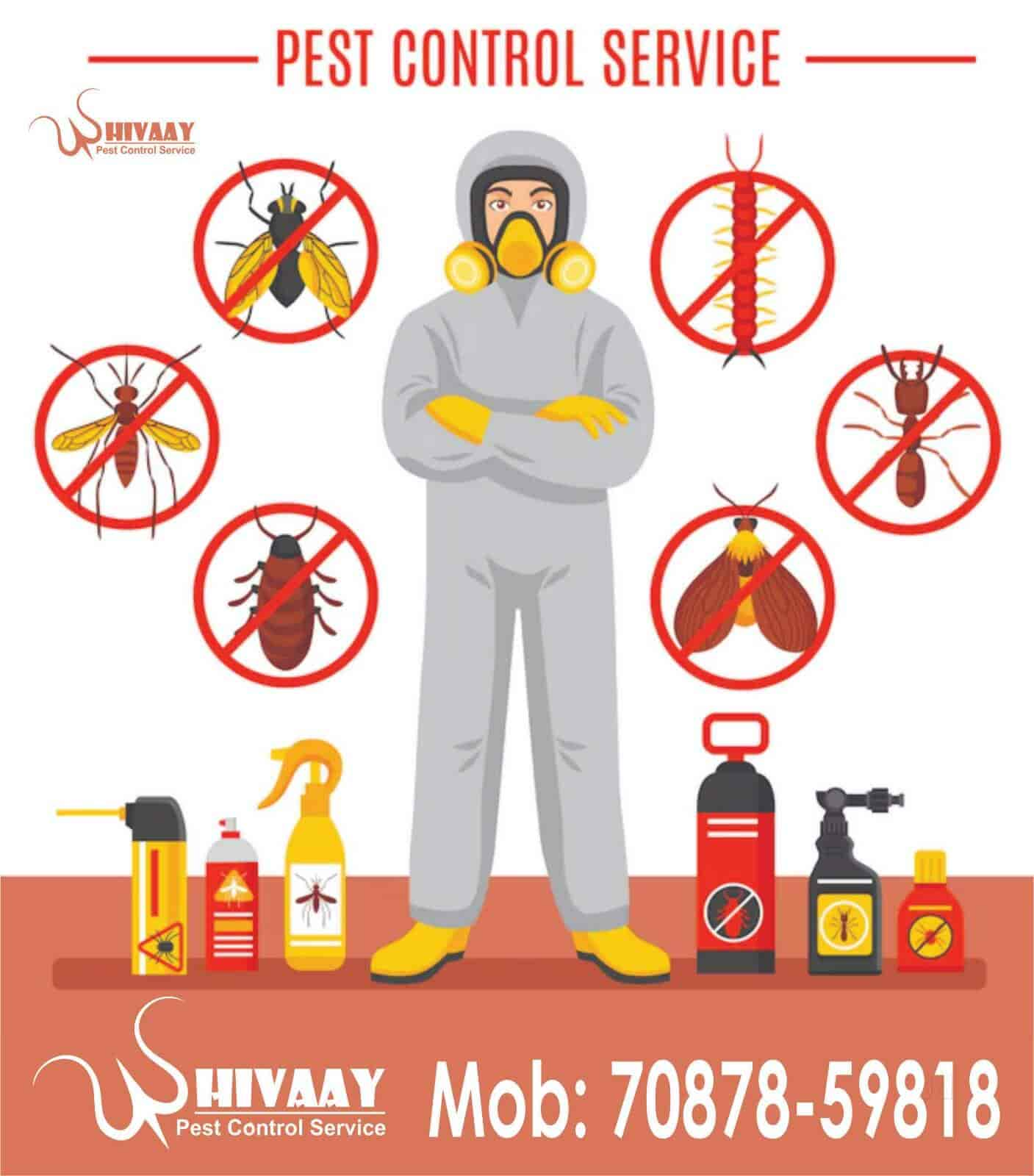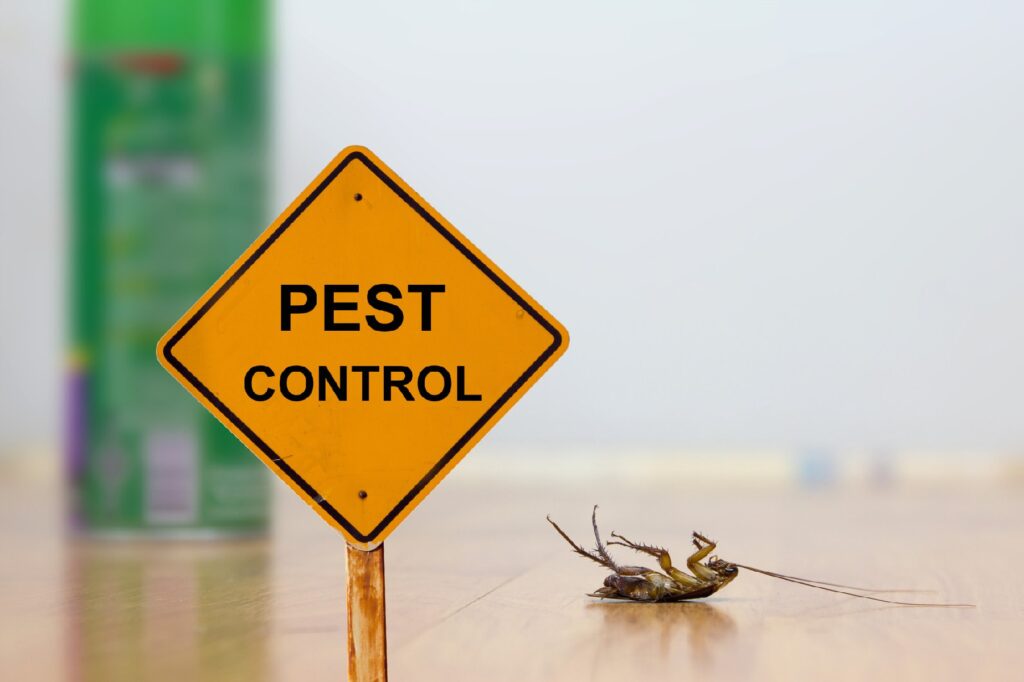Safe and Trustworthy Pest Control for Lasting Defense
Efficient parasite administration calls for a complex approach that balances ecological honesty with the need for reliable parasite reductions. The nuances of these techniques may not be promptly clear, triggering a closer exam of the techniques that can lead to sustainable bug control outcomes.
Recognizing Pest Control Approaches
Bug control incorporates a variety of methods aimed at handling and eliminating unwanted insects and rodents that can endanger both health and wellness and home. Recognizing these approaches is crucial for efficient insect management.
The key categories of insect control approaches include mechanical, organic, and chemical methods. Mechanical approaches include physical barriers and catches to protect against pest entry and capture undesirable species. Making use of displays on windows or utilizing sticky catches can substantially minimize insect populations without introducing hazardous materials - exterminator coquitlam.

Chemical parasite control is often the most recognized approach, using chemicals to eliminate bugs. These chemicals can be efficient yet should be utilized with care to stay clear of adverse impacts on non-target species and the environment.
Benefits of Eco-Friendly Solutions
Just how can environmentally friendly remedies change bug control techniques? The fostering of green bug control techniques provides numerous benefits, considerably improving the performance and security of parasite monitoring (exterminator coquitlam). These remedies make use of natural active ingredients, minimizing the dependence on dangerous chemicals that can position dangers to human health and wellness and the environment. This change not only protects households and pet dogs but also minimizes the possibility for dirt and water contamination.

One more advantage is the positive impact on regional biodiversity. Environment-friendly options are designed to target particular insects while protecting valuable pests and wildlife, advertising a well balanced environment. This technique straightens with the expanding consumer need for sustainable techniques, boosting the credibility of bug control suppliers.
Integrated Parasite Monitoring Approaches
The execution of environment-friendly services naturally brings about the adoption of Integrated Pest Management (IPM) approaches, which even more improve parasite control efficiency. IPM is a holistic approach that incorporates multiple techniques to manage parasite populations while minimizing ecological influence. This approach emphasizes the usage of biological, social, mechanical, and chemical controls, guaranteeing a balanced and lasting approach of bug management.
One basic element of IPM is the detailed analysis of insect activity and environmental problems. By keeping track of parasite populaces and determining their life process, practitioners can carry out targeted treatments that interfere with the parasite's habitat or lifecycle, reducing dependence on chemical pesticides. Additionally, social techniques such as plant rotation and environment control can significantly lessen insect establishment and reproduction.
Another critical element is the use of biological control agents, such as beneficial insects or microorganisms, which can naturally reduce insect populations. When chemical applications are needed, IPM focuses on using low-risk pesticides and uses them uniquely, decreasing direct exposure to non-target microorganisms and humans.
Integrating IPM approaches not only boosts bug control efficiency but additionally promotes a more secure environment, lining up with the expanding demand for lasting methods in bug management.
Safe Practices for Property Owners
Understanding the importance of safe practices in bug control can encourage homeowners to effectively manage bug problems while safeguarding their wellness and the atmosphere. Carrying out precautionary actions and safe techniques is essential in reducing exposure to unsafe chemicals.
House owners need to initially assess their environment for conditions that draw in bugs, such as standing water, food, and clutter waste. Consistently cleansing and securing entry points can prevent insects from getting into the home. Using all-natural deterrents, such as vital oils my latest blog post or diatomaceous earth, can supply reliable options to chemical pesticides.
When chemical treatments are needed, homeowners must go with products that are particularly identified as safe for domestic usage. It is vital to adhere to application standards meticulously to stay clear of too much exposure. Furthermore, making use of targeted treatments in areas where parasites are recognized, rather than covering splashing, can significantly reduce chemical use.
Lastly, keeping open interaction with parasite control specialists is important. Property owners must ask about the safety and security of products made use of and request environmentally friendly alternatives whenever possible. By adopting these risk-free techniques, homeowners can produce a much healthier living setting while efficiently taking pest control training care of bug problems.

Tips for Long-Term Protection
Developing an insect monitoring technique that highlights long-term protection can considerably boost the efficiency of the safe practices formerly reviewed. To attain this, property owners need to carry out routine evaluations of their residential property, concentrating on hidden locations such as attic rooms, cellars, and crawl spaces. Early discovery of bug activity is critical in stopping invasions from taking hold.
Furthermore, keeping a clean atmosphere is essential. This consists of correct food storage, quickly cleansing spills, and regularly taking care of trash. These practices reduce attractants that attract parasites right into the home. Securing access factors, such as cracks around home windows and doors, can effectively obstruct possible insect accessibility.
Landscape design needs to likewise be taken into consideration; keeping plants trimmed and preserving a range in between greenery and the home reduces hiding places for parasites. Making use of natural deterrents, such as important oils or diatomaceous earth, can additionally dissuade infestations without resorting to rough chemicals.
Finally, collaborating with a professional pest control service for regular evaluations can supply an extra layer of safety. These professionals can provide customized suggestions and progressed therapies, guaranteeing that your home stays shielded versus pests in the long term.
Final Thought
To conclude, reputable and secure parasite control needs a diverse technique that highlights green techniques and integrated bug administration. By carrying out natural deterrents, carrying out regular inspections, and maintaining proper sanitation, homeowner can considerably decrease pest populations while shielding valuable pests and the atmosphere. Collaboration with professional pest control solutions improves the effectiveness of these strategies, guaranteeing customized options that supply long lasting defense and assurance against future infestations.
Reliable insect administration needs a complex method that stabilizes eco-friendly integrity with the requirement for effective insect suppression. The fostering of green bug control techniques offers many benefits, this post substantially enhancing the effectiveness and safety and security of bug monitoring.The execution of environmentally friendly options normally leads to the fostering of Integrated Parasite Management (IPM) strategies, which additionally boost pest control effectiveness. exterminator coquitlam. By monitoring insect populaces and recognizing their life cycles, specialists can apply targeted interventions that interfere with the pest's environment or lifecycle, reducing dependence on chemical pesticides.In verdict, safe and trusted insect control needs a complex method that stresses environmentally friendly techniques and integrated pest management